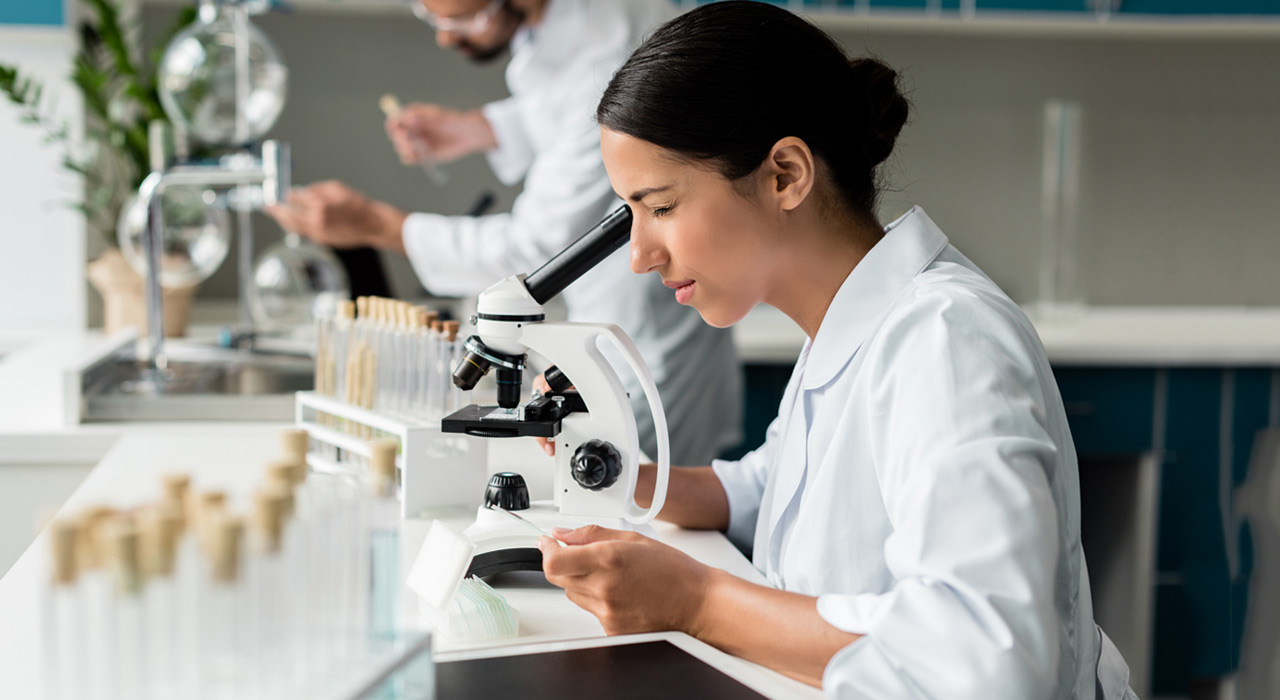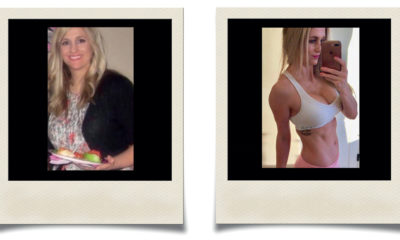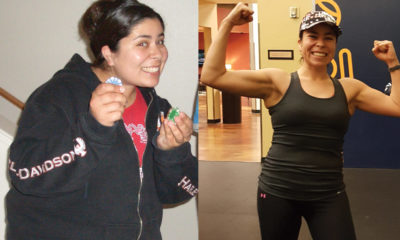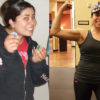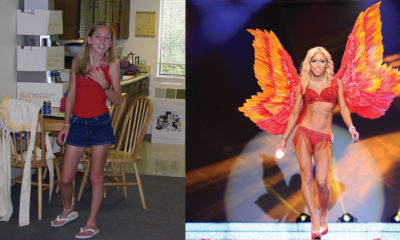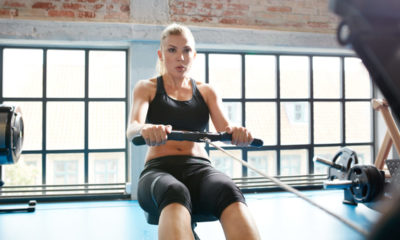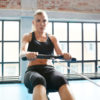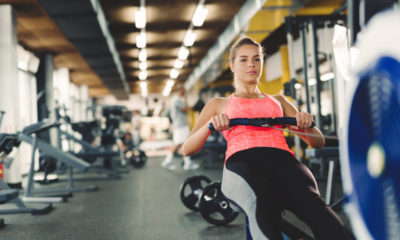Fitness
Can Analyzing Genes Improve Your Fitness?
Have you ever wished that instead of following a generic training plan you could have one completely and utterly tailored to you?
Well, thanks to an easy-to-use kit by genetic testing company, FitnessGenes your genes can be analyzed in detail to provide you with a full breakdown of how you can train and eat to best meet your goals.
Dr Dan Reardon is a trained medical doctor, a certified PT and co-founder of FitnessGenes. TRAIN for HER spoke to him to find out more about their pioneering scientific approach to optimal fitness.
What Is FitnessGenes?
FitnessGenes uses a combination of DNA and relevant lifestyle data to provide you with evidence-based and actionable recommendations on diet and exercise strategies. This means you can personalize training plans so you can reach your goals easier and faster.
Over 40 genetic types are examined to reach the most accurate conclusions to discover your body’s predisposition towards metabolism, fitness, speed, endurance and recovery.
Dr Reardon says, “The thing that excites me the most about FitnessGenes is the uptake by the consumer market of looking for science-driven recommendations where they don’t have to rely on a ‘one size fits all’ approach. They can actually receive personalized products as well as recommendations based on their personal DNA and not the DNA of someone marketing an overhyped product.”
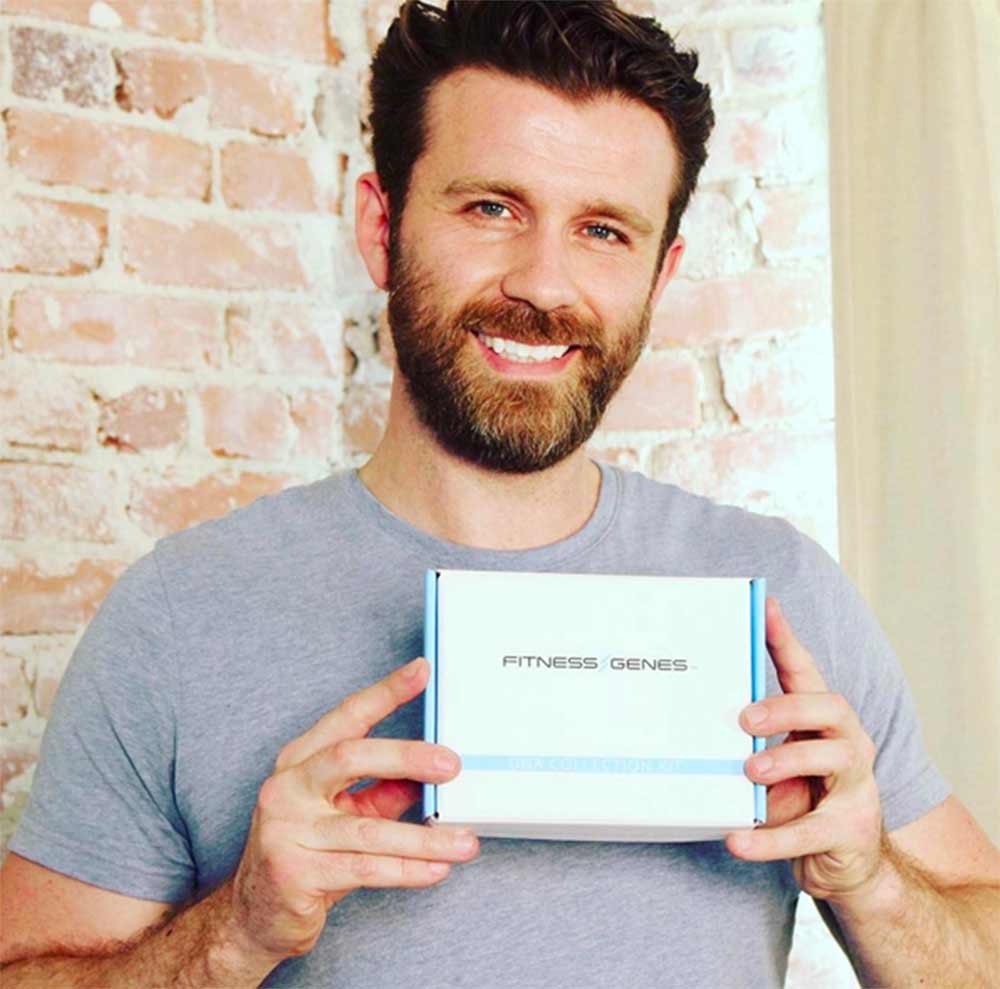
Dr Dan Reardon – co-founder of the company – and the gene testing kit.
Who Is it for?
“FitnessGenes is aimed at anybody who is motivated,” Dr Reardon explains. “We work with everybody who has not stepped in the gym before to everybody who is at the absolute elite level in terms of sports, teams, fitness levels and bodybuilding.”
How does it work?
All you need to do is spit into a special test tube, available from the FitnessGenes website, register the barcode of your sample and fill in a brief lifestyle questionnaire before posting them back to the FitnessGenes lab.
The team there, consisting of Ph.D. geneticists, medical doctors, exercise scientists and nutritionists, then make DNA-specific personalized recommendations for you. The DNA Collection Kit costs £129.

The team at FitnessGenes lab consists of Ph.D. geneticists, medical doctors, exercise scientists and nutritionists.
How much is done by humans and how much by technology?
“All the research has to be done by humans so has to be interpreted by humans,” explains Dr Reardon. “Yes, we do use computational biology and biomatics to do big data set analysis but this still needs to be interpreted by their human eye.”
– RELATED: Can Fitness Help You Stay Young? –
What should you do when you get your results?
Once your DNA test is complete you will be able to view your results on the members’ site, where you will be able to read detailed descriptions of the genetic variants you have. The FitnessGenes lab then uses your genetic information, and your physiological data, to generate personalized training and nutritional blueprints.
Dr Reardon advises: “The first thing I would do is read the coaching tips on the first page. These are written in a way that is easy to understand and then you can then dig into the results deeper.
“The best thing is to try and pick four or five things from the tips which look quite easy to incorporate into your life or something that is simple for you to change in your diet plan and try to do your best to stick to that.”
It can be a good idea to take your results to your PT, too so they can help work on your plan with you.

As well as providing a full breakdown of the tested genes, there’s also a free one-week training plan.
What if you don’t agree with the results?
“It is completely possible that people may find that some genes or gene results don’t match up to their experiences,” says Dr Reardon. “We try to use your genetic information to understand some basic physiology to figure out what we need to do to invoke change in your life.
“For example, take the clock gene: we often find people are night owls but they disagree. In reality, they have been getting up to an alarm clock for 30 years and therefore that’s had an impact on what their genes actually do.
“Ultimately yes, it is likely that people with certain genes might feel that their life experiences have been different but normally, when you question them deeper, it’s because they have actually triggered change which perhaps goes against naturally what they might have tended towards.”
What support is offered?
As well as providing a full breakdown of the tested genes, there’s also a free one-week training plan. After that, there’s a variety of programs available to purchase, from losing weight to building muscle. These start from £29.
You currently can’t ring up for an expert to go through your results with you, but Dr Reardon says this is something they are looking into in the future. However, he does encourage members to get in touch: “I always recommend joining our online community and talking to us and other members of the FitnessGenes DNA Squad to get all questions answered,” he says.
For health and fitness advice sent straight to your inbox, sign up for the TRAIN for HER newsletter today!


